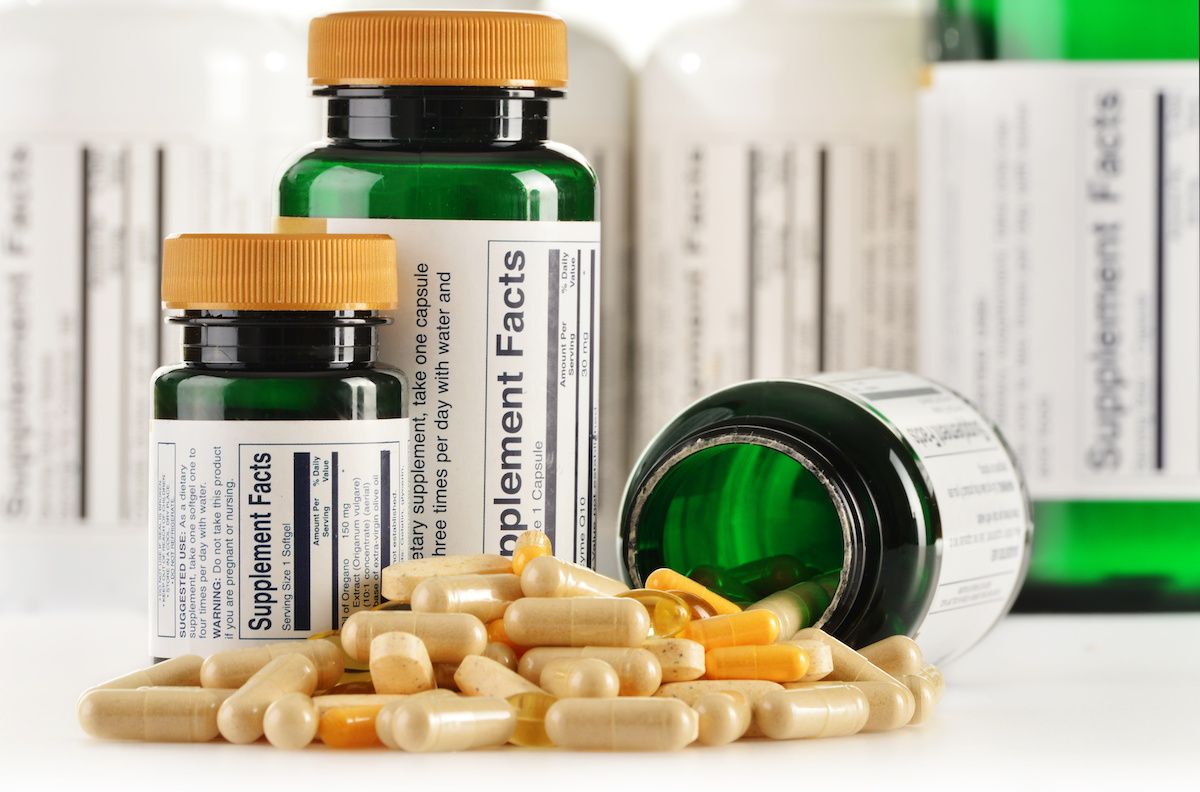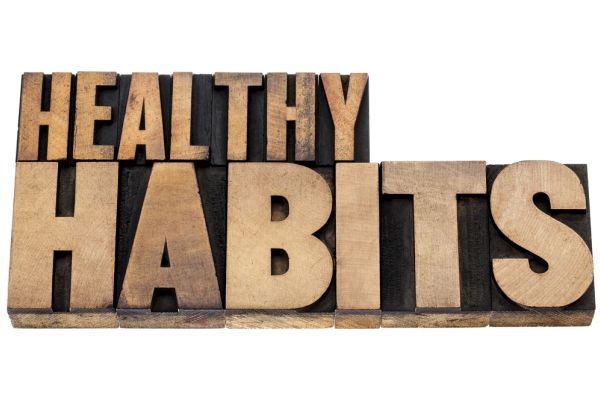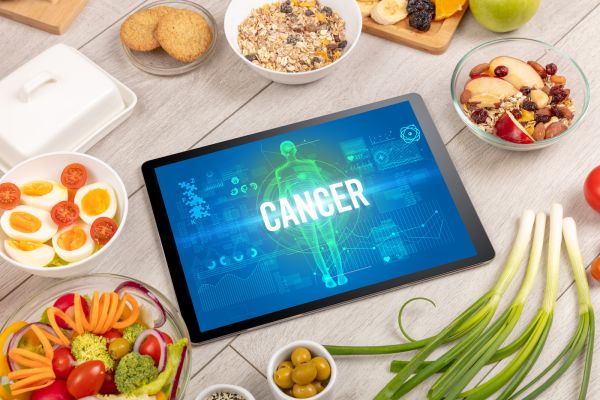Cancer patients need to check with their medical team first.
Supplement, herbal and “superfood” marketing is becoming more and more prevalent, especially for cancer patients and survivors. But you may be wondering whether you should take any dietary supplements.
A doctor may prescribe a dietary supplement if you are diagnosed with a deficiency of a specific vitamin or mineral (vitamin D or calcium are common examples) or if you are unable to consume enough nutritious foods and beverages to meet your nutrition requirements. However, for people without a specific deficiency, research shows that eating colorful, whole foods that are rich in vitamins, minerals and fiber is a better choice than taking dietary supplements.
Be wary with supplements
The American Institute of Cancer Research recommendations state that you should not use supplements for cancer prevention and instead should aim to meet nutritional needs through diet alone. Dietary supplements and herbals do not provide the full range of healthy nutrients that you can get from eating a variety of foods. Foods from plants provide unique combinations of healthy fiber, vitamins, minerals and phytochemicals that cannot be duplicated in a supplement. Other reasons to be cautious with supplements include:
- It’s possible to get too much of a good thing. High doses of some supplements, even those that have been shown to be protective, may pose a risk. For example, high-dose beta-carotene supplements have been linked to an increased risk for lung cancer in current and former smokers.
- Production and labeling of supplements are not regulated. Unlike drugs, the ingredients in supplements and their effectiveness may not actually be what you expect. If you do choose to take dietary supplements, consider looking for brands that have gone through a third-party certification process to help ensure the quality of the product.
- Interference with your cancer treatment. Taking dietary supplements or herbals without informing your medical team has the potential to interfere with your treatment or to interact with other medications you are taking. This could put your safety risk. For example, antioxidants such as vitamin C might make certain chemotherapy regimens less effective.
Have nutrition questions?
Our nutrition team at Roswell Park plays an important role in your care — before, during and after treatment.
Learn moreDiscuss with your oncologist
If you are interested in taking a supplement or herbal, discuss it with your medical team first to get the facts to help you make an informed decision. Always ensure your medical team is aware of the type and dose of the supplements and herbals you are taking. If you are experiencing side effects related to your treatment and you are concerned about being unable to meet your nutrition needs through diet, ask your doctor for a referral to one of our Roswell Park Comprehensive Cancer Center Clinical Dietitians. Your dietitian can provide recommendations and alternatives to help you ease symptoms and meet your individual nutrient needs.
For more information about dietary supplements, visit:
The National Institutes of Health’s Office of Dietary Supplements.
American Cancer Society page on Dietary Supplements



